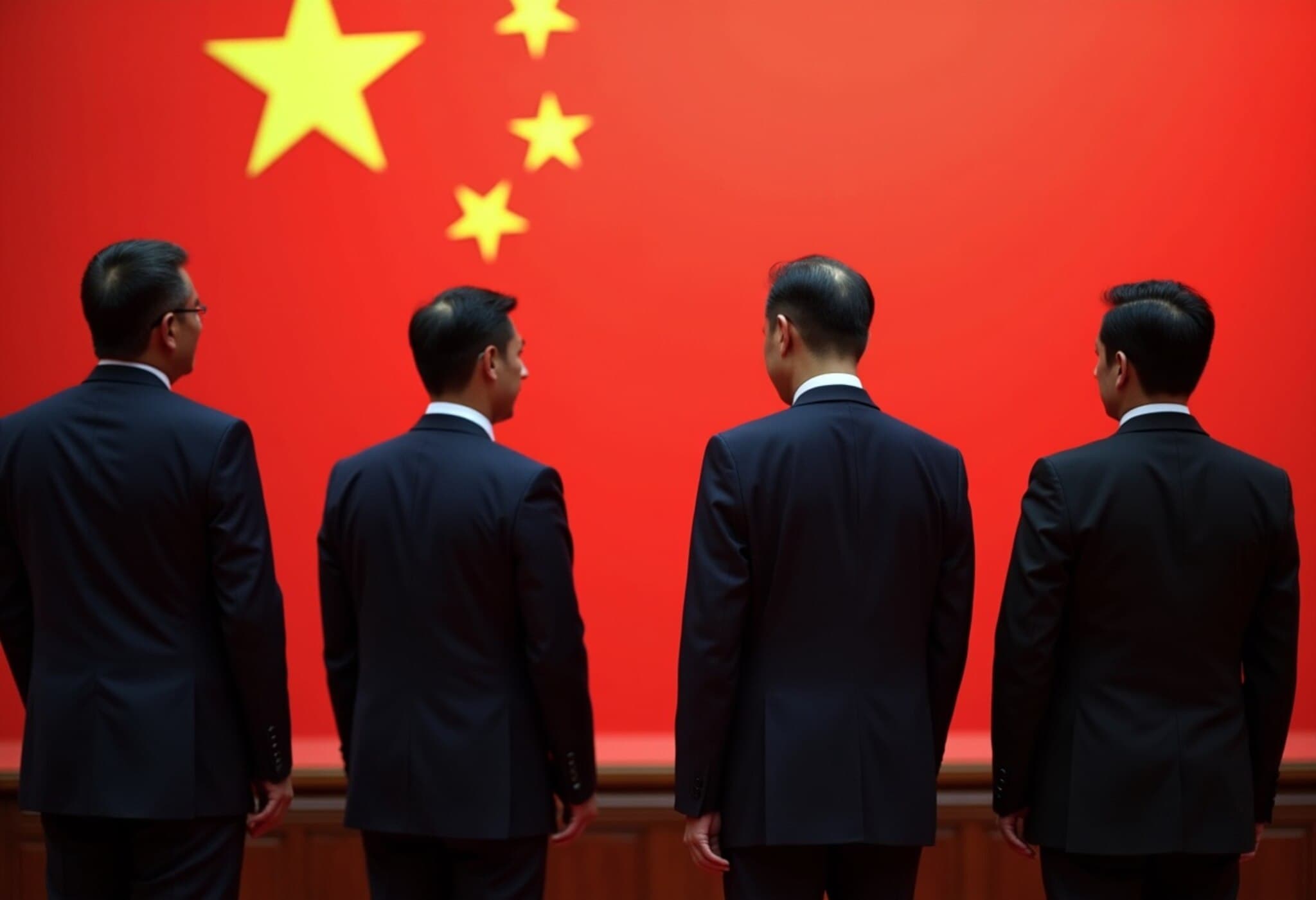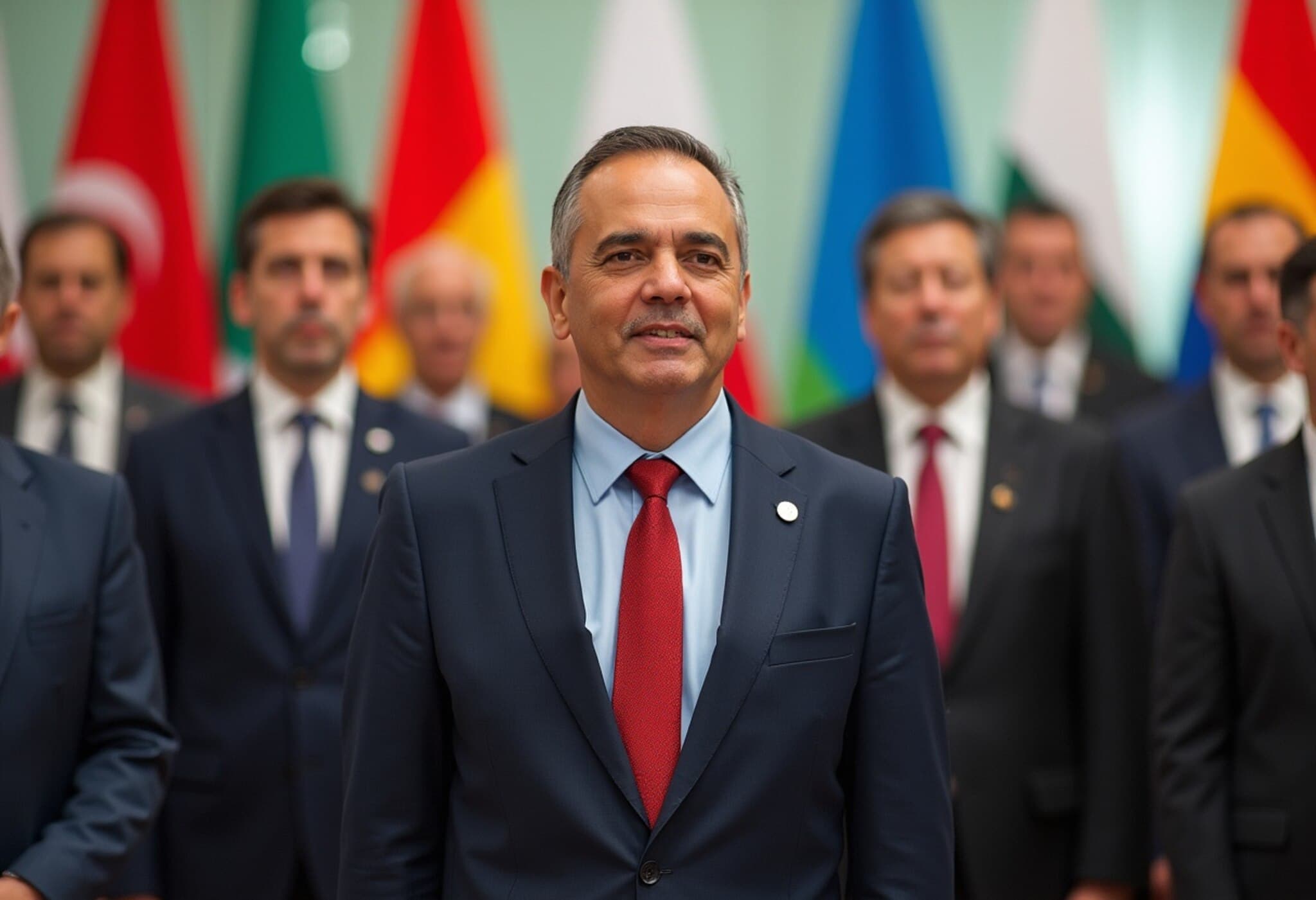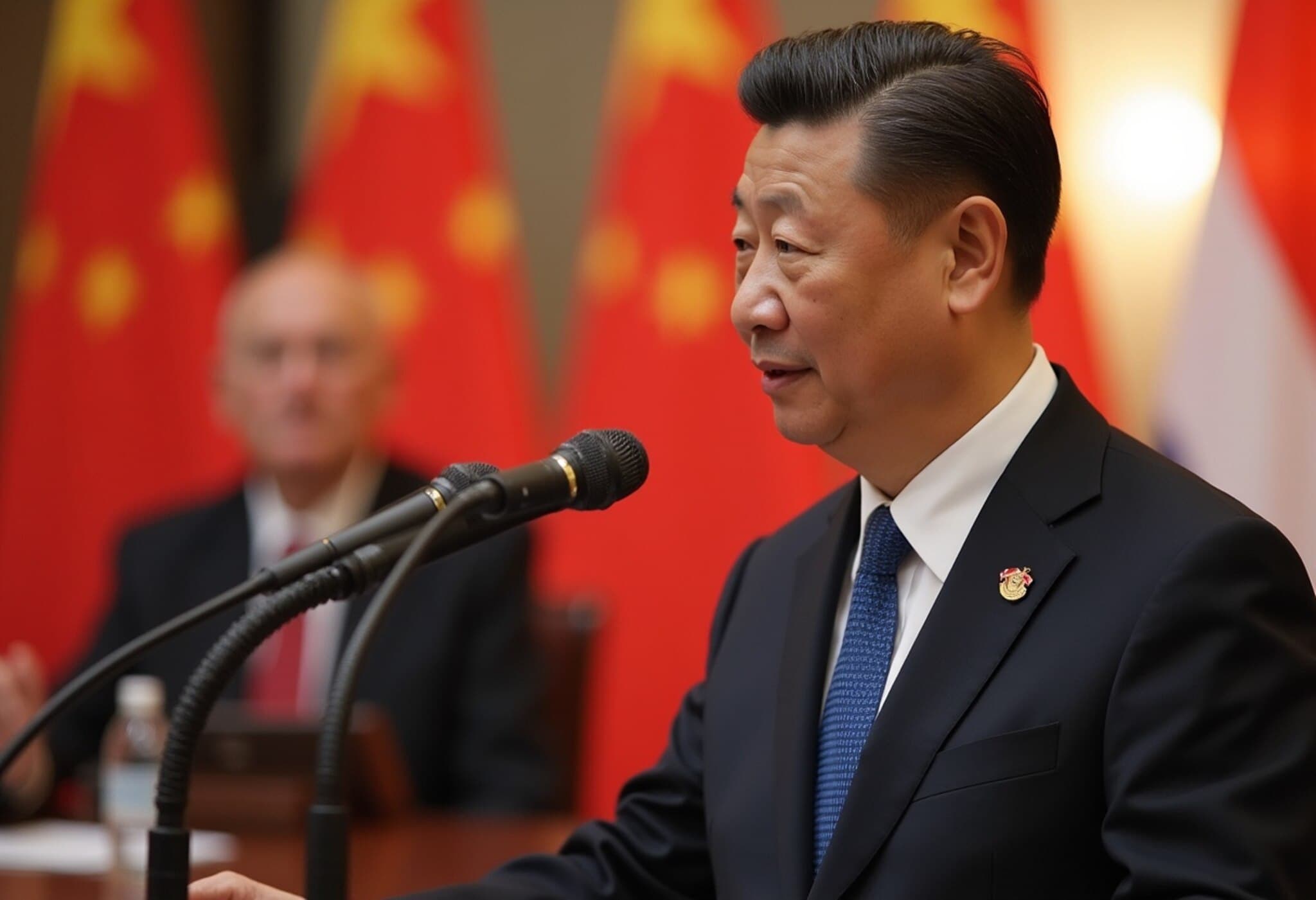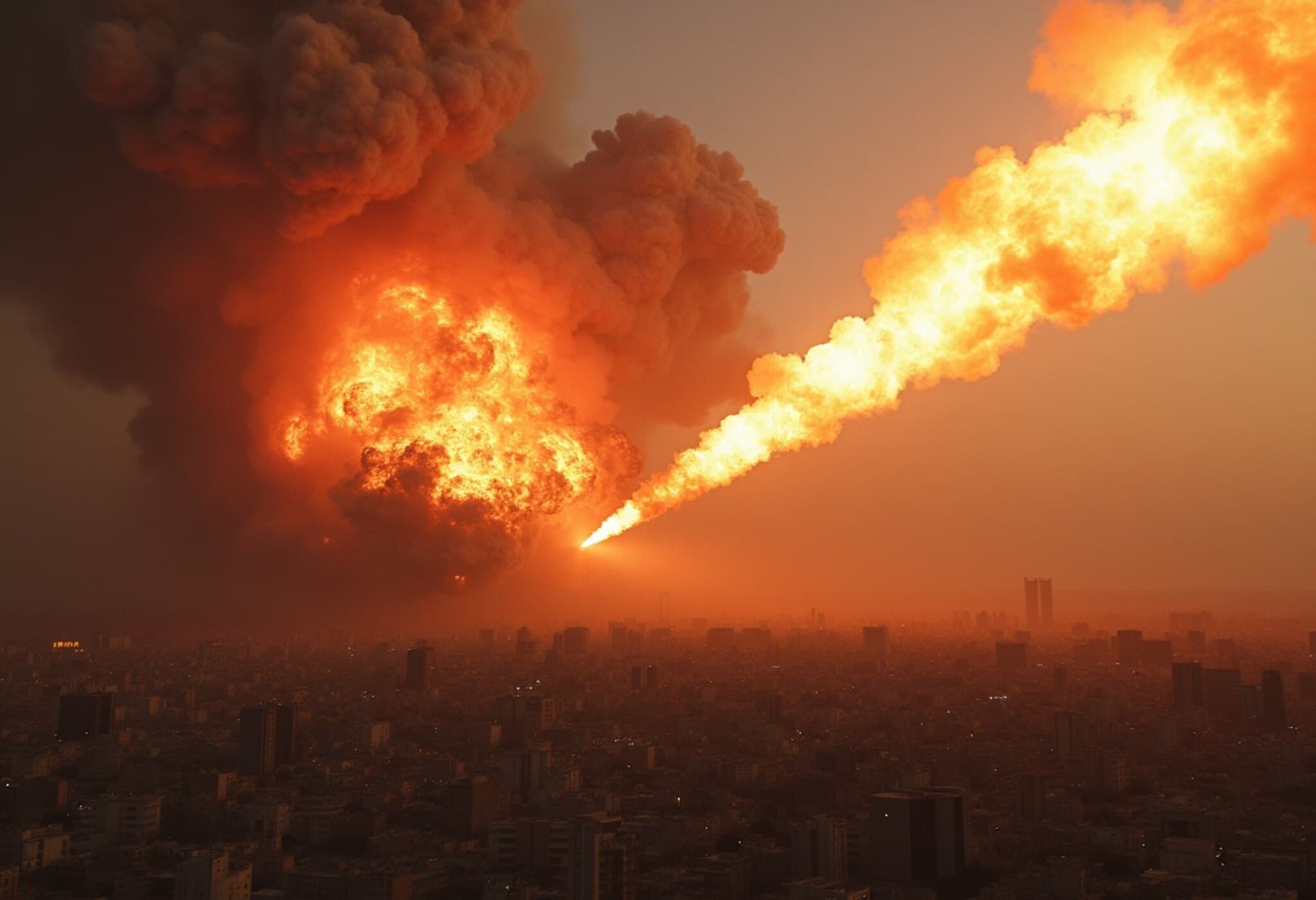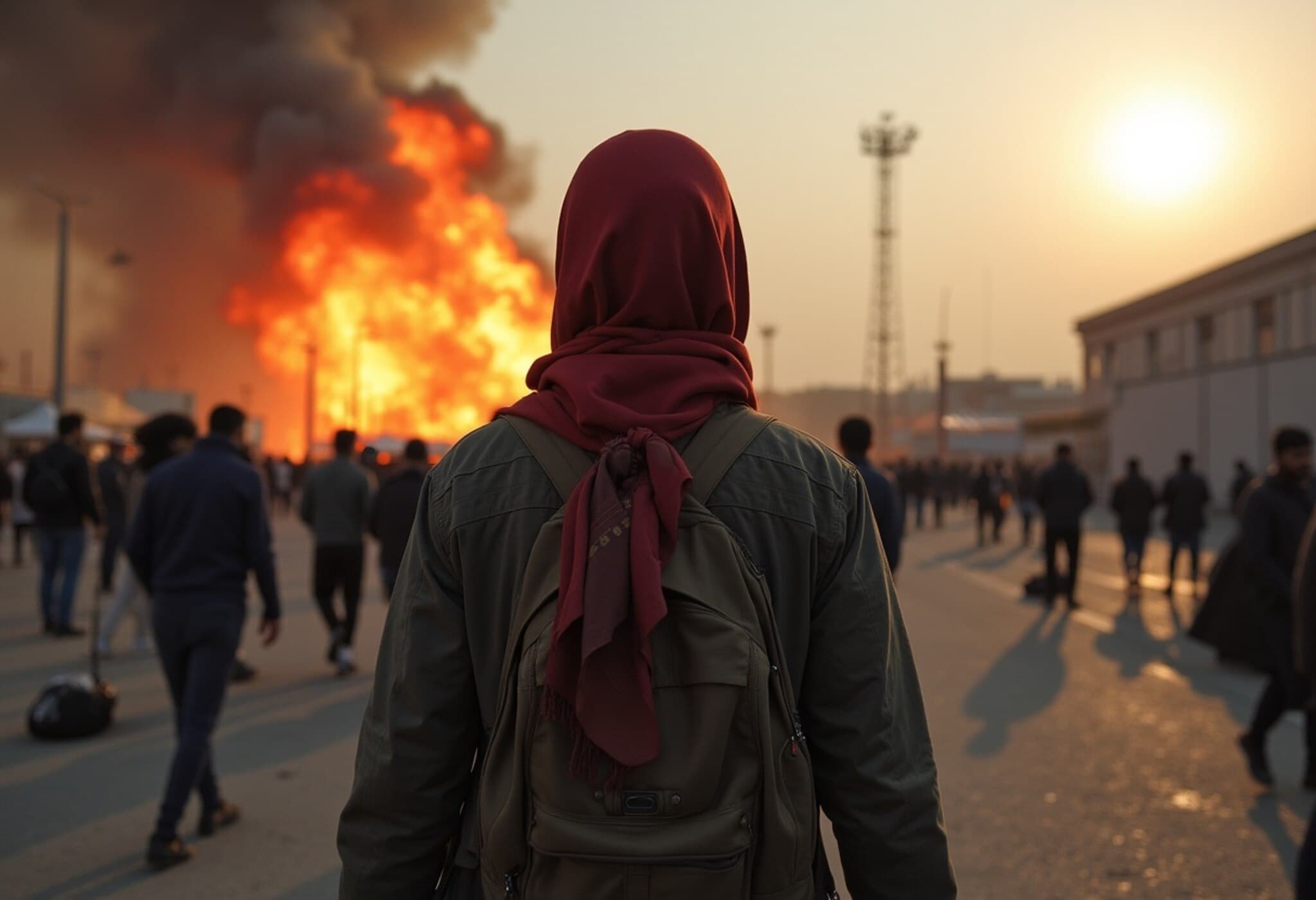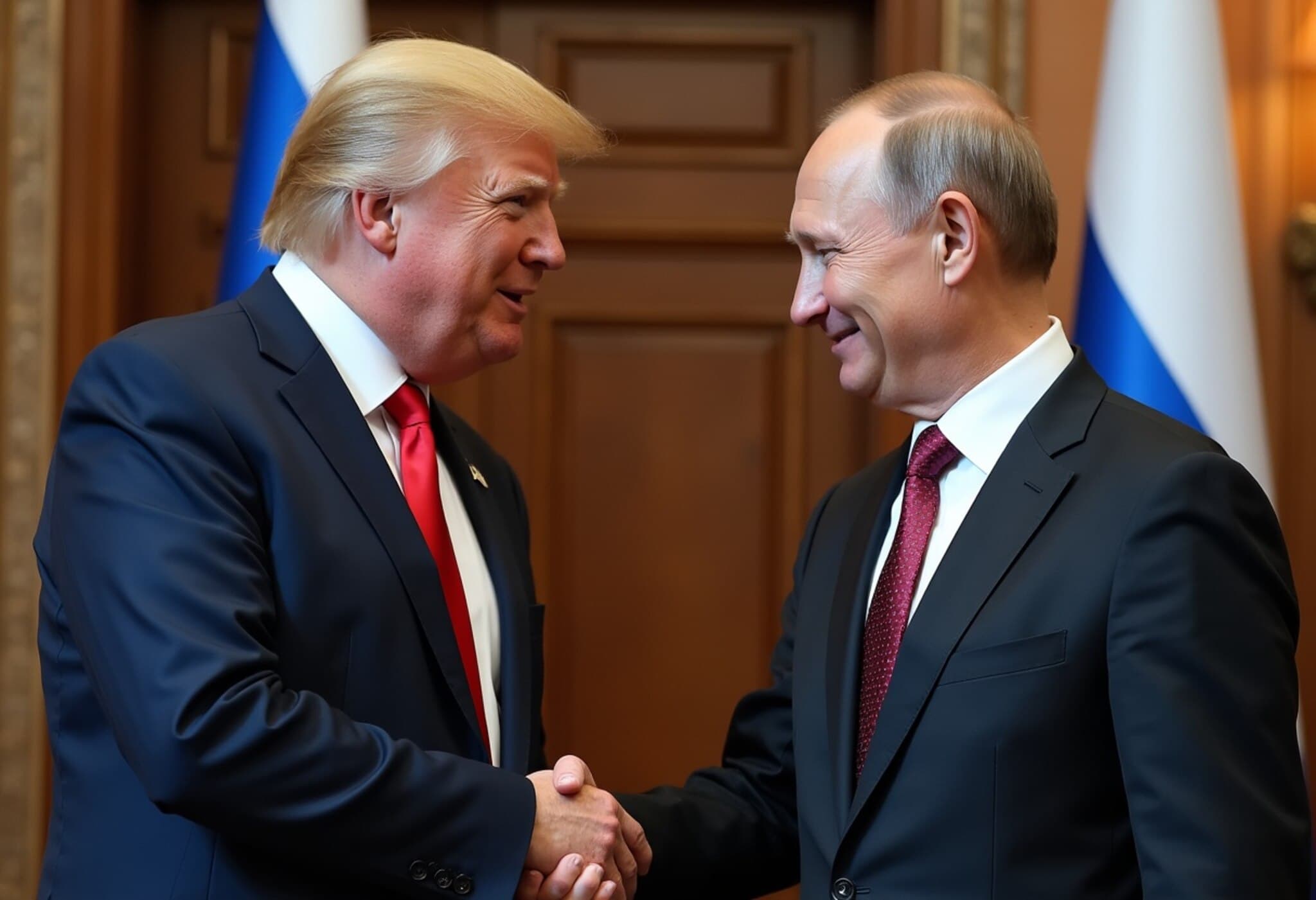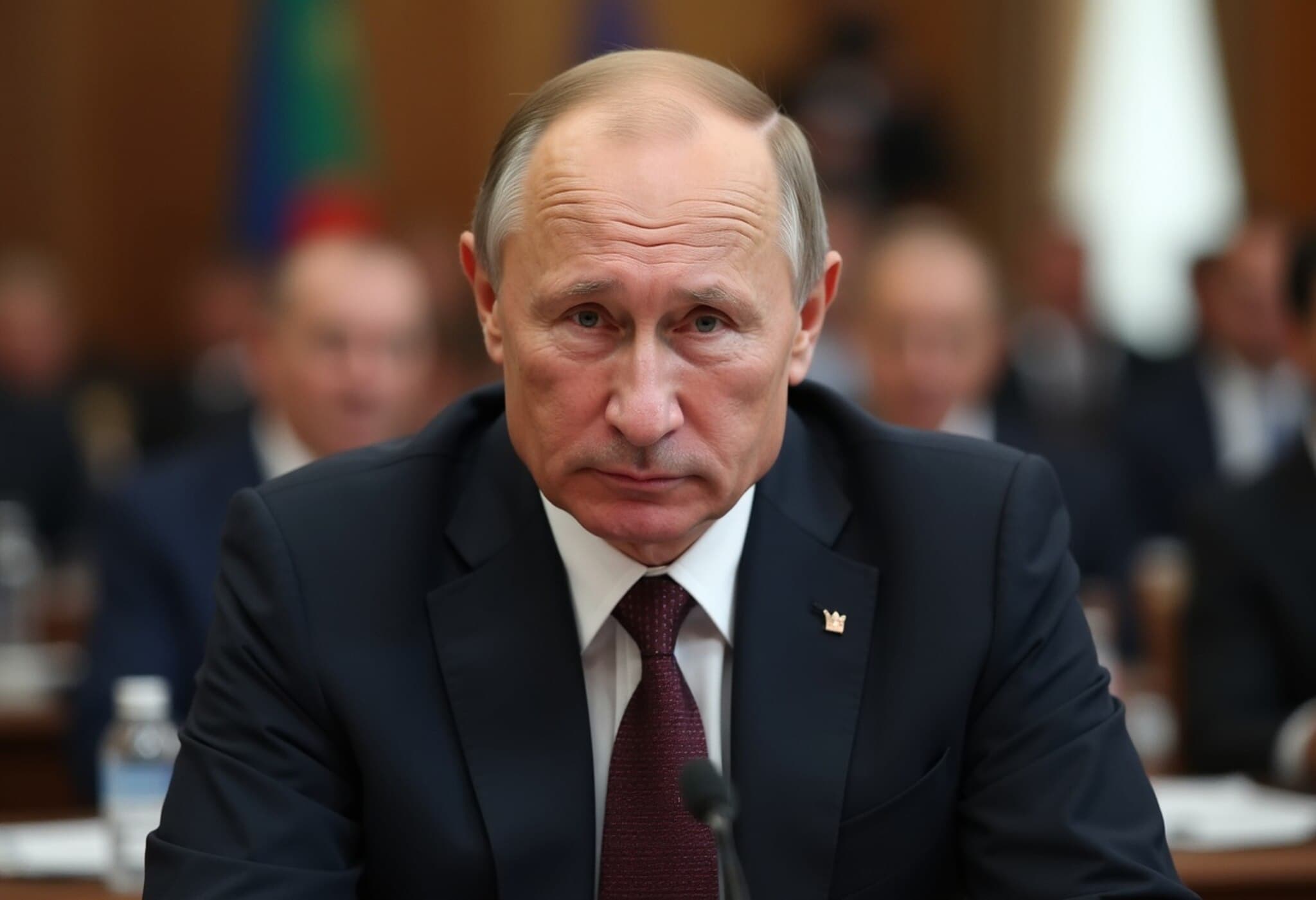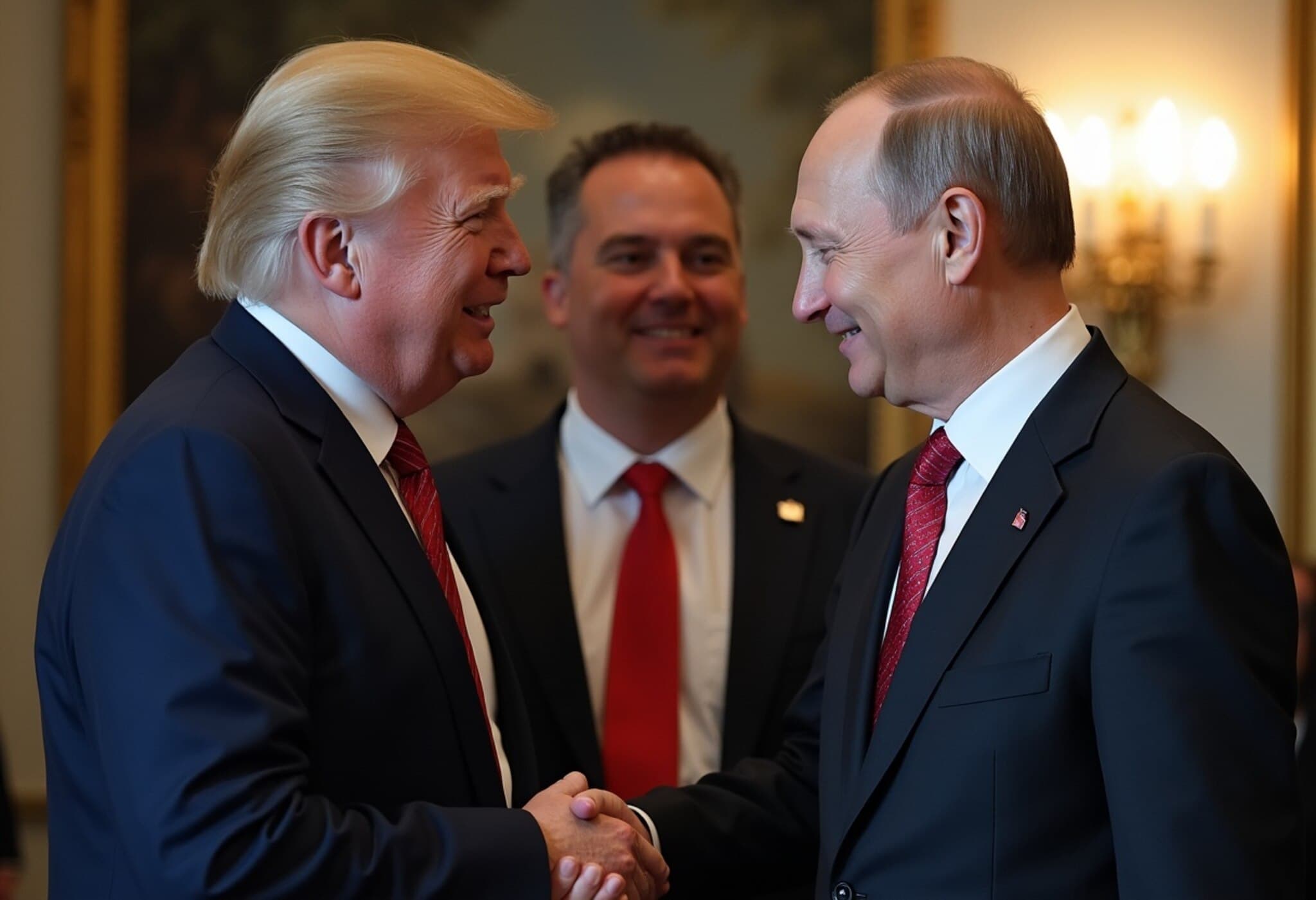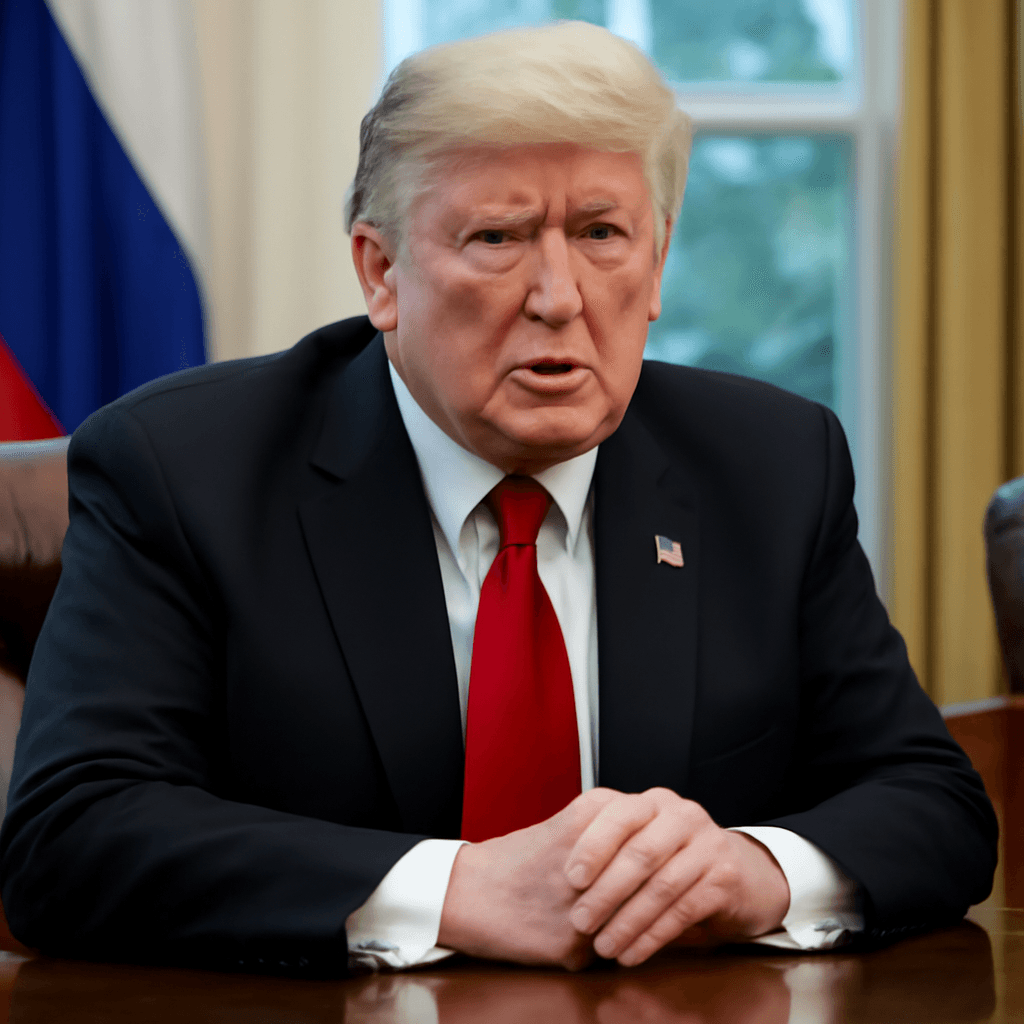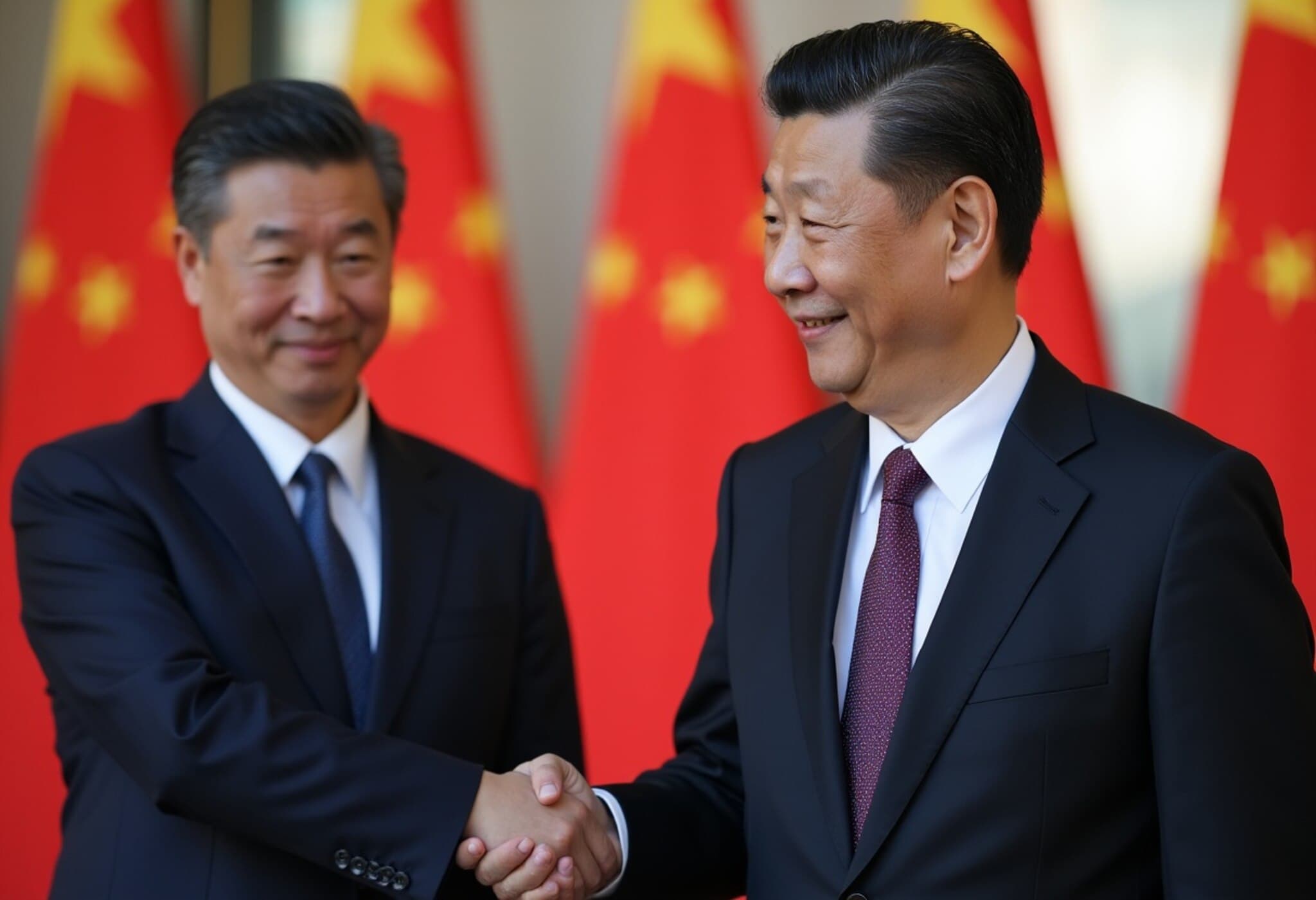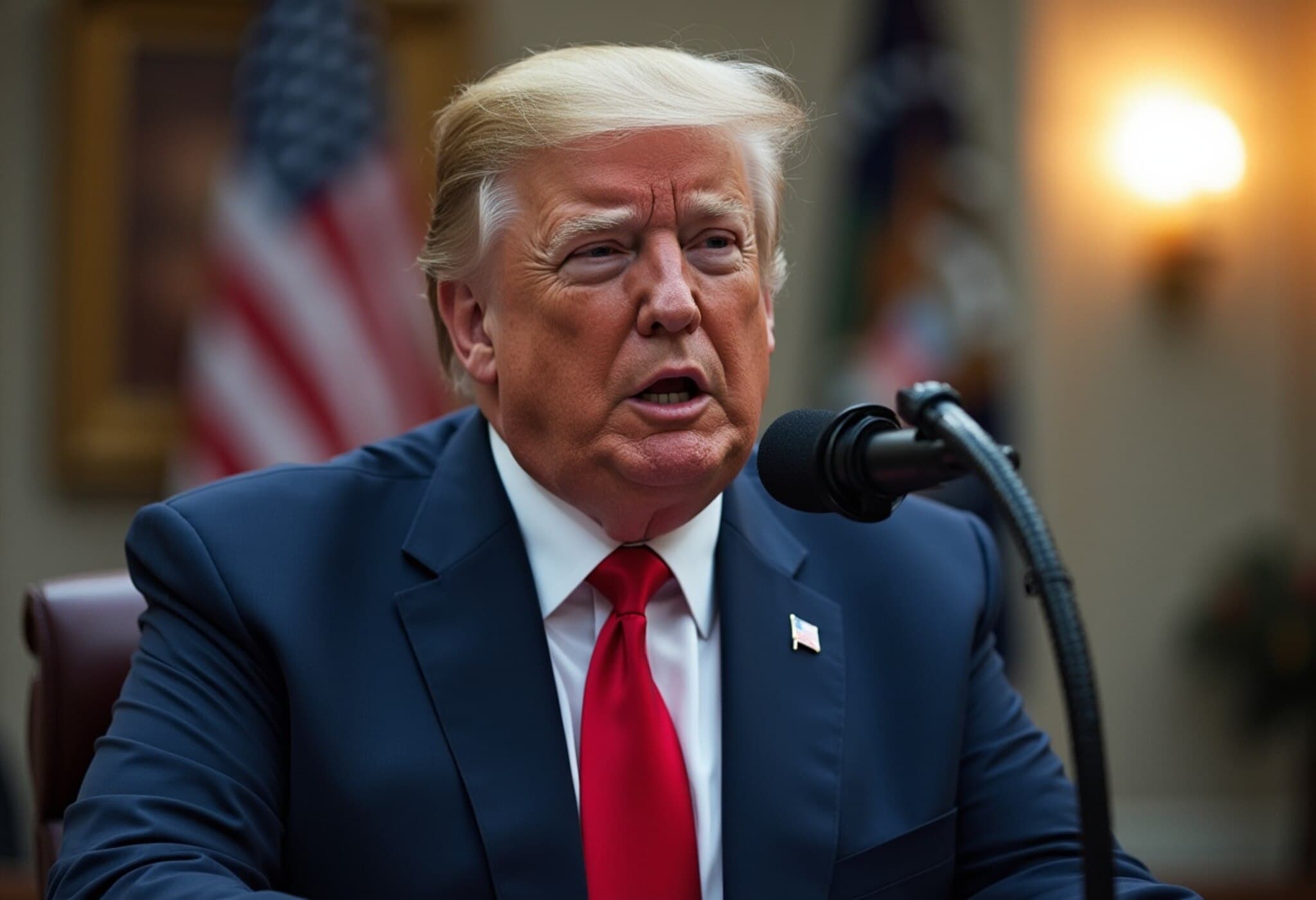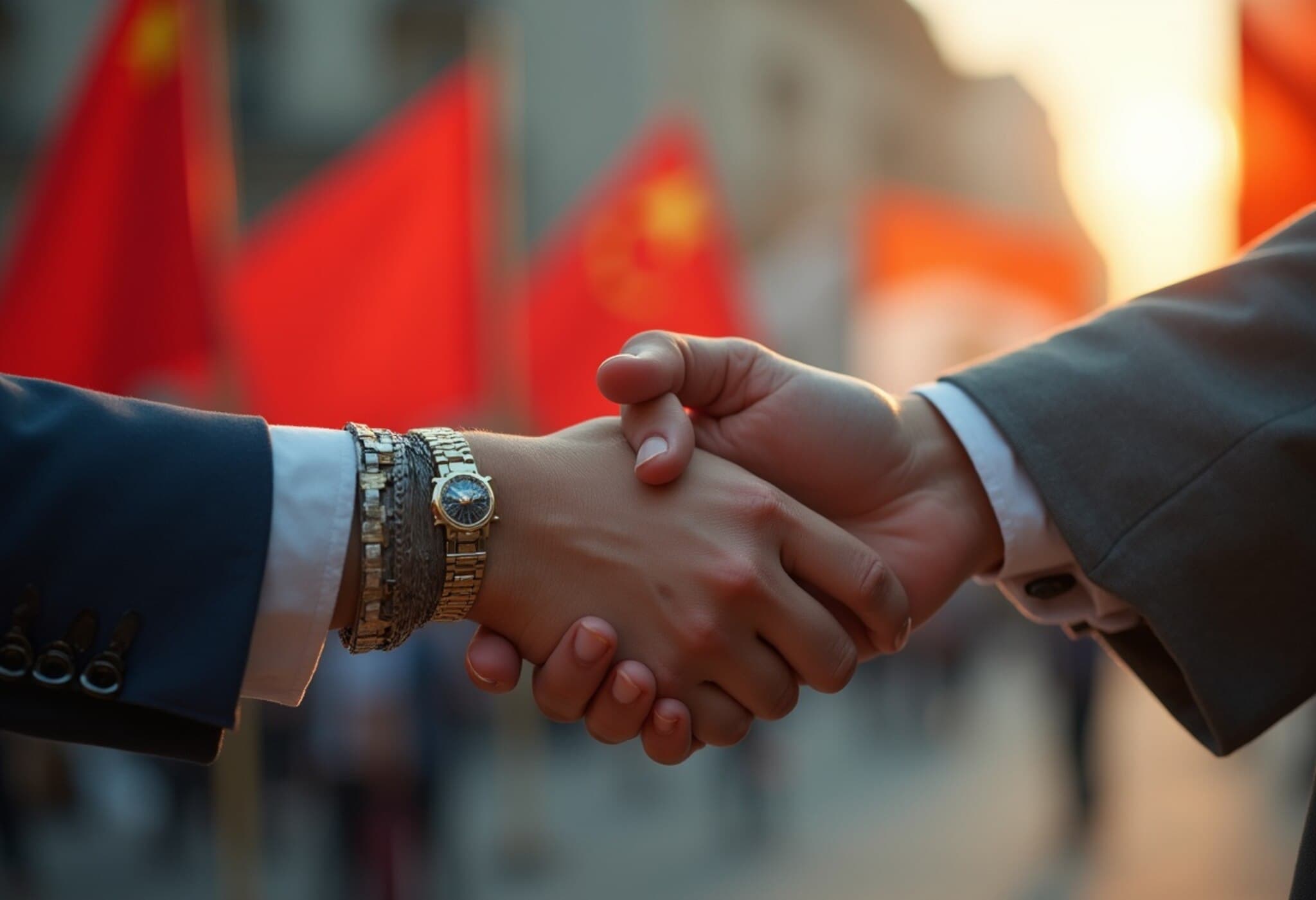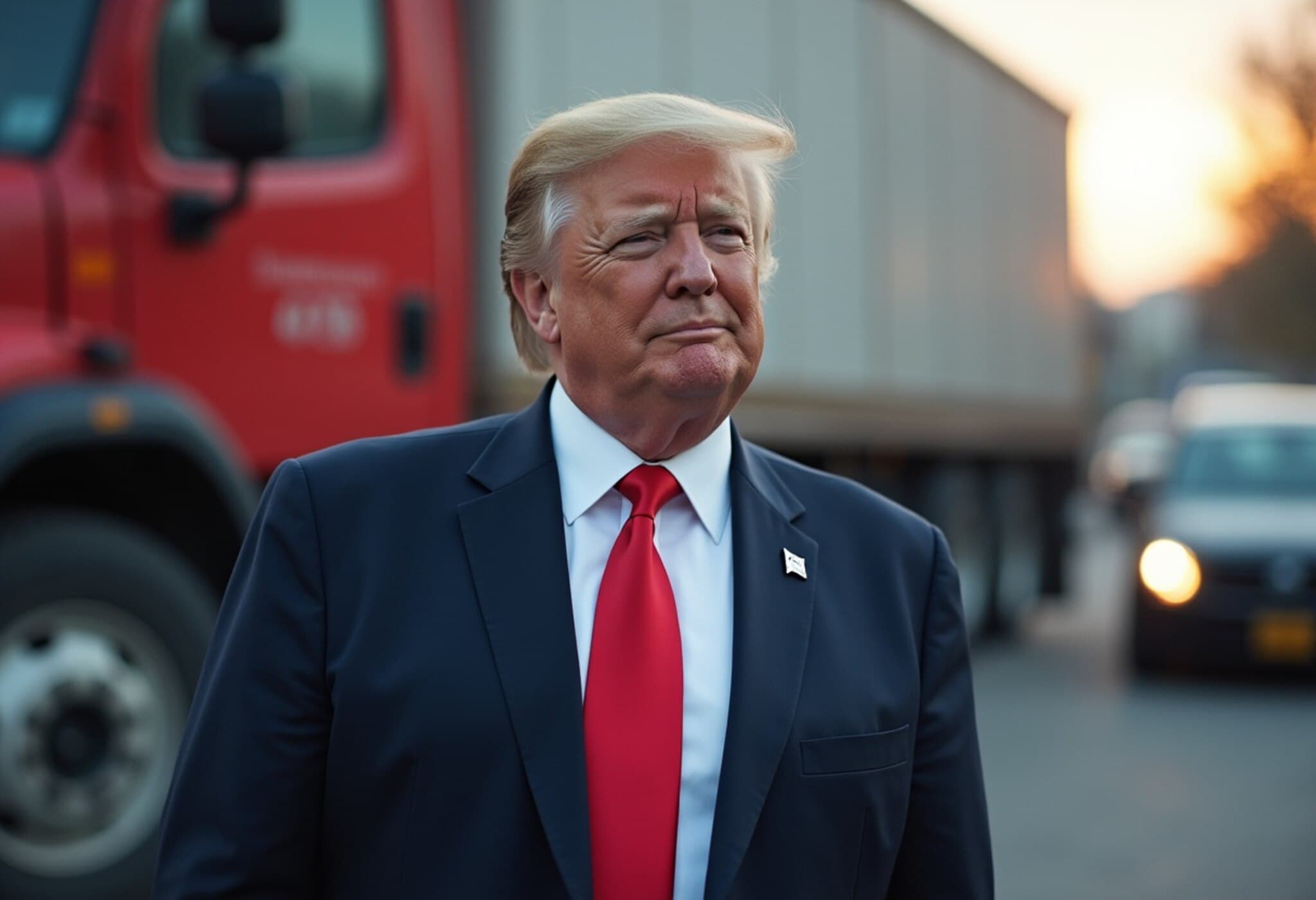China-EU Summit: A Complex Dance of Diplomacy and Discontent
This week, Chinese President Xi Jinping welcomes top European Union leaders to Beijing, marking a pivotal moment as the China-EU relationship turns 50 years old. However, beneath the surface of celebration, significant tensions are bubbling between the two economic giants. The summit unfolds against a backdrop of fierce disagreements over Beijing’s trade practices and its controversial role in the ongoing Russia-Ukraine conflict.
Setting the Stage: What’s Driving the Summit?
The European Union delegation, led by European Commission President Ursula von der Leyen and European Council President António Costa, aims to engage China in high-stakes talks addressing core issues affecting bilateral relations. At the center of the agenda lies the EU’s concern over China’s sizable trade surpluses and the troubling allegations that Beijing has supplied dual-use goods aiding Moscow’s war efforts in Ukraine.
In a candid statement to the Financial Times, EU’s top diplomat Kaja Kallas bluntly identified China as "the key enabler of Russia’s war in Ukraine," underscoring the bloc’s sharp criticism amidst intensive diplomatic maneuvering.
Behind Closed Doors: The Summit’s Agenda
During the intensive one-day visit, President von der Leyen and Council President Costa will hold a summit and working lunch with Xi Jinping, culminating in a formal meeting and banquet alongside Chinese Premier Li Qiang. The timing is particularly charged, coming shortly after the EU imposed a comprehensive new wave of sanctions on Russia, aiming to tighten the economic squeeze by reducing the price cap on Russian oil exports.
Moreover, in preceding discussions with EU trade chief Maroš Šefčovič, China’s Commerce Minister Wang Wentao expressed strong opposition to the EU’s recent sanctions against two Chinese financial institutions accused of supporting Russia — signaling Beijing’s defensive posture.
Trade Surpluses and Economic Discontent: The Crux of the EU’s Grievances
A core sticking point remains China's massive trade surplus with the EU, which ballooned to nearly €400 billion in 2022 and continues to stay at elevated levels. European officials accuse Chinese exporters of overwhelming EU markets with low-cost, surplus goods — a dynamic they say disrupts local industries and exacerbates economic imbalances.
Adding fuel to the fire are allegations of China’s “economic coercive practices,” dominance in critical raw materials, chemicals, and the drone sector, which the EU views with suspicion in light of geopolitical security concerns.
Notably, President Xi Jinping declined an invitation to host the summit in Brussels as originally planned, opting instead for Beijing — a decision perceived in Brussels as a snub that strains diplomatic goodwill.
Expert Insight: Navigating a Fraught Relationship
From a geopolitical and economic lens, this summit encapsulates the complex interdependence and rivalry between East and West. China’s ascent as a global economic powerhouse challenges the EU’s trade frameworks and regulatory standards.
Trade experts suggest that unless both sides address structural imbalances and concerns over technology transfer and security risks, these recurring summits risk becoming symbolic rather than substantive platforms for cooperation.
Moreover, policymakers in Washington are watching closely, as European alignment on Russia and economic policy intimately connects with American strategies toward China and Russia. Increased EU skepticism of Beijing’s trade and security conduct could bolster unified Western responses to China’s global ambitions.
Looking Ahead: The Road to Cooperation or Confrontation?
As the EU-China summit concludes, the world will be watching whether the event marks a thaw or a further hardening of relations. For European industries and businesses, access and fairness in China’s market remain paramount, while security concerns around dual-use technologies persist as a key challenge.
This meeting underscores the tangled web of modern diplomacy, where cooperation, competition, and conflict coexist in a delicate balance shaping the international order.
Editor's Note:
Amidst celebrations of five decades of EU-China relations, this summit reveals the growing friction points that define their engagement today. The persistent trade imbalances and China's stance on Russia’s war effort challenge the foundation of trust and reciprocity. Readers are invited to consider: Can economic pragmatism and geopolitical realities coexist without tipping into outright confrontation? How will the EU balance its values and economic interests when engaging with an assertive China?

